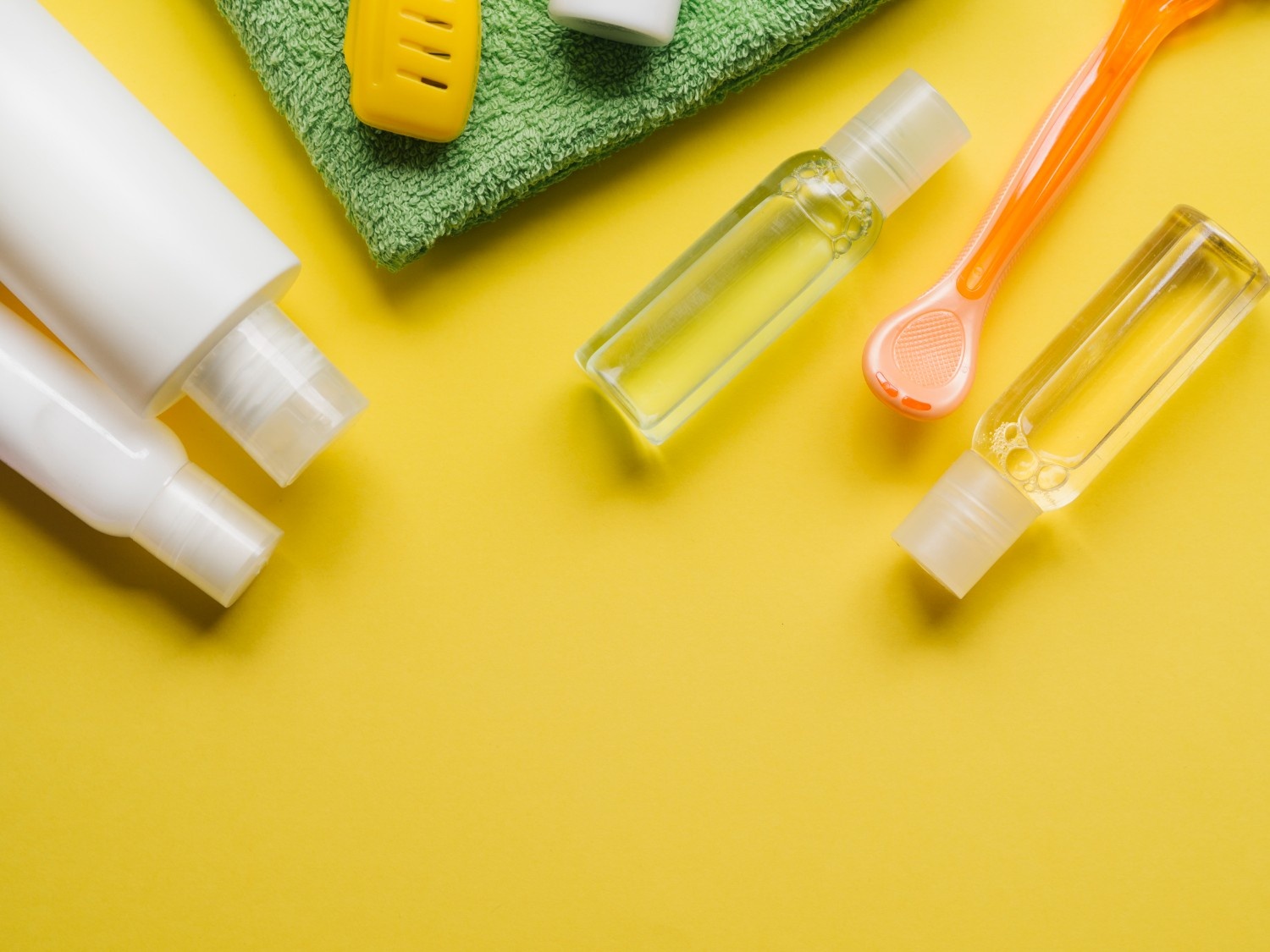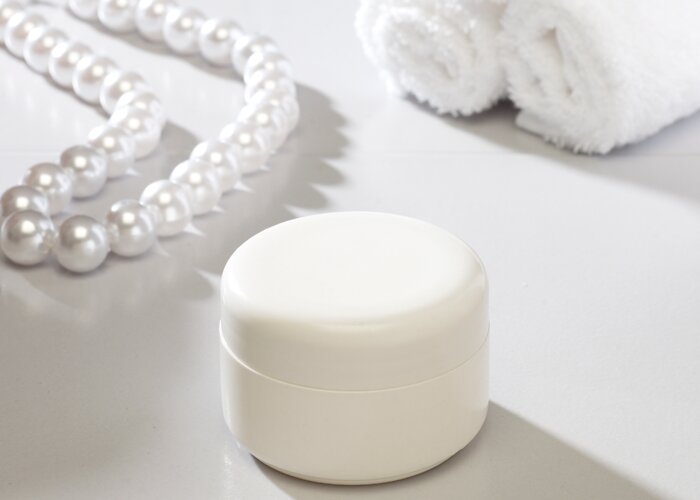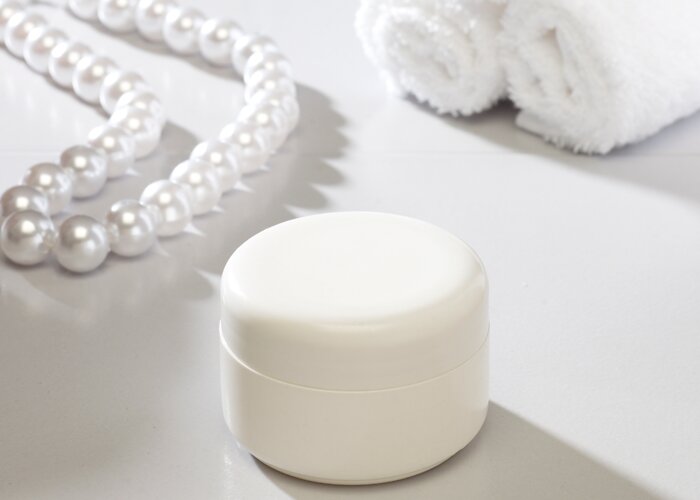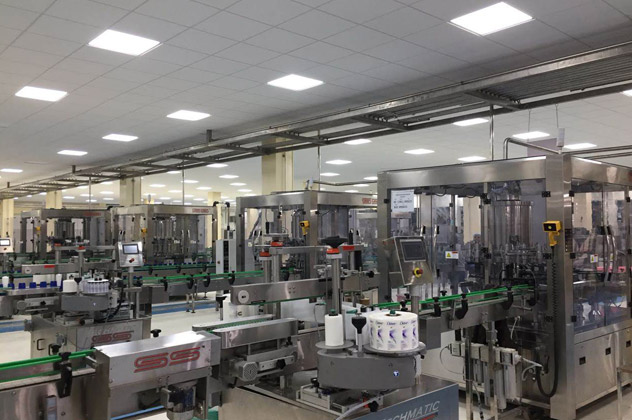Custom Formulas vs. White Label: What’s Best for Your Cosmetic Brand?
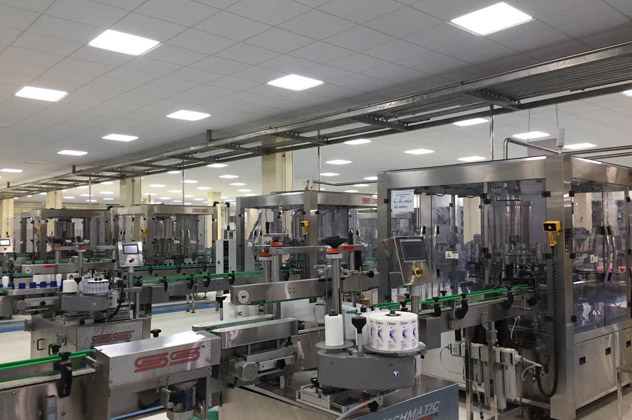
A Side-by-Side Comparison for Growing Brands
Choosing between custom formulas and white label solutions can feel like a crossroads for any brand in the beauty and wellness space. This decision carries not only product implications but also affects brand identity, time-to-market, compliance, and long-term growth. As the industry continues to evolve, understanding how cosmetic contract manufacturers support both models is essential to making an informed choice.
Whether you’re launching a new skincare line, a specialty eye care product, or expanding your existing range, this comparison can help guide your next steps with confidence and care.
Understanding the Basics
1. What Is a White Label Product?
White label products are pre-formulated by manufacturers and offered to multiple brands. You can add your own label, packaging, and branding to a ready-to-go formulation. It’s fast, affordable, and convenient—ideal for entry-level product launches or testing new markets.
2. What Is a Custom Formula?
A custom formula is created from scratch, tailored to your unique vision, ingredients, and product goals. Cosmetic contract manufacturers work closely with you to ensure every aspect—from the base to the actives—matches your expectations and brand ethos.
Side-by-Side Comparison
3. Brand Identity and Uniqueness
White Label: Limited room for differentiation; several brands may offer identical products.
Custom Formula: Full creative freedom; every ingredient reflects your brand values.
If standing out in a crowded market matters, custom offers unmatched identity.
4. Product Development Time
White Label: Quick turnaround, often within weeks.
Custom Formula: Longer development cycles due to R&D, testing, and validation.
For time-sensitive launches, white label can meet pressing deadlines.
5. Initial Investment
White Label: Lower upfront costs, minimal R&D expenses.
Custom Formula: Higher investment in formulation, stability tests, and compliance.
Startups often begin with white label, then grow into custom lines as sales scale.
6. Ingredient Control
White Label: No control over active or inactive ingredients.
Custom Formula: Full ingredient control, allowing allergen-free, clean, or functional options.
Sensitive skincare or eye care brands may benefit more from the flexibility of custom formulas.
7. Regulatory Compliance
White Label: Pre-certified by the manufacturer, often compliant with standard markets.
Custom Formula: Requires independent testing and certification, though manufacturers assist.
For global distribution, ensure your chosen cosmetic contract manufacturer supports required testing and documentation.
8. Packaging Options
White Label: Limited to existing packaging molds and label dimensions.
Custom Formula: Tailored packaging aligned with your brand’s design language.
Packaging plays a critical role in aesthetics and shelf appeal, especially for specialty products.
9. Scalability
White Label: Easier to scale quickly with low operational complexity.
Custom Formula: Requires strategic planning but ensures long-term scalability with innovation.
Brands planning for future growth often transition from white label to custom once stability is achieved.
10. Consumer Trust
White Label: Suitable for basic offerings but may lack the depth consumers seek in premium products.
Custom Formula: Shows transparency, innovation, and care in addressing specific needs.
In eye care or sensitive skin categories, custom formulas demonstrate a deeper commitment to safety and efficacy.
What Should Growing Brands Consider?
11. Target Audience Sensitivity
If your audience includes individuals with sensitive skin, vision-related needs, or specific wellness preferences, a custom formula ensures you meet these expectations with integrity and care.
12. Long-Term Goals
Are you building a brand for short-term testing or long-term presence? If your goal is legacy, innovation, and customer loyalty, custom formulas align better with those aspirations.
13. Resource Availability
Evaluate internal bandwidth. Custom product development requires hands-on involvement and collaboration. White label allows teams to focus more on marketing and distribution.
14. Market Testing Strategy
For brands wanting to experiment with product categories—like under-eye serums or eyelid cleansers—white label offers a low-risk method to gather customer feedback before deeper investment.
15. Manufacturer Capabilities
The right cosmetic contract manufacturers offer both options with transparency. Look for partners that provide formulation support, regulatory compliance, packaging solutions, and quality assurance.
Common Use Cases
16. White Label is Best For:
New entrepreneurs testing product ideas
Businesses expanding quickly into multiple categories
Seasonal or limited-edition runs
17. Custom Formula is Best For:
Premium skincare and wellness brands
Brands with specialized product needs (e.g., ophthalmic-safe skincare)
Companies seeking global certifications or clinical testing
Questions to Ask Before Choosing
18. What level of formulation ownership do I want?
19. How quickly do I need to launch?
20. What’s my budget for development and testing?
21. Will I need support with packaging and branding?
22. Can the manufacturer scale with me as my brand grows?
Asking these questions early will help define the right model for your needs.
Working with the Right Manufacturer
Reliable cosmetic contract manufacturers are more than suppliers—they are long-term partners in your brand journey. Whether you choose white label for speed or custom for specificity, a good manufacturer will listen, guide, and support every step. They understand how to navigate the fine balance between innovation and compliance, aesthetics and function, cost and quality.
For eye-safe and skin-sensitive formulations especially, it's important to work with manufacturers who have experience in developing gentle, effective, and well-tested products. Look for clear communication, transparent processes, and real-world success stories.
Conclusion
Both custom and white label formulations have their place in building a beauty brand. What matters most is choosing a model—and a partner—that aligns with your vision, capabilities, and goals.
Clarion Cosmetics is one of the best cosmetics products manufacturers, offering flexible solutions through both custom and white label manufacturing. With a commitment to quality, care, and innovation, Clarion supports brands of all sizes in bringing their product dreams to life.
Note: IndiBlogHub features both user-submitted and editorial content. We do not verify third-party contributions. Read our Disclaimer and Privacy Policyfor details.



